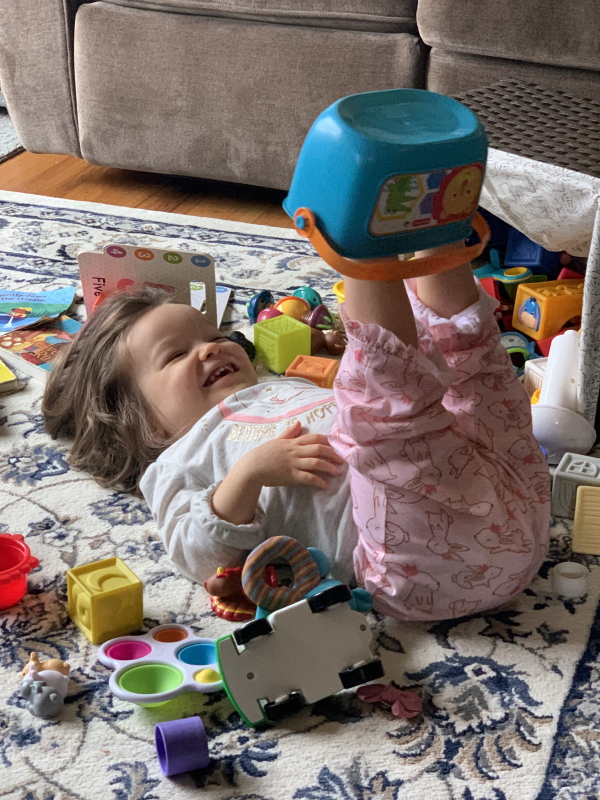Nature vs Nurture – a Dialog
There are some people who believe that anyone can be whatever they decide to be, within reason. For example, at age 77, I’m not going to be the Heavyweight Boxing champion of the world, nor the best football quarterback. But I COULD have been had I so decided at the appropriate time in my life.
Likewise, people who are in social, economic, or environmental conditions that are less than optimal should benefit from changes that make those conditions optimal so that they can have the advantages everyone else has. Investing in society will improve it.
Others believe that people are born into their circumstances and there is not much they can do about it. If they are poor, it’s because they were born into poverty and there is little they can do that will help get them out of poverty. If conditions change, they will still make choices that will lead them to be poor.
So, is it nature, or nurture?
There is a branch of science called behavioral genetics which:
…investigates the influence of genes on character traits (neuroticism, agreeableness) and life outcomes (educational attainment, income, criminality)
This quote comes from an article that I read in The New Yorker (September 12, 2021) called “Force of Nature”. It’s about a behavioral geneticist named Kathryn Paige Harden who is a professor of psychology at the University of Texas in Austin. Her recent book “The Genetic Lottery: Why DNA Matters for Social Equality” attempts to reconcile these two viewpoints. The New Yorker goes into detail of the historical swings in scientific and social outcomes between each side of this argument and eventually comes down in the middle – both social and genetic factors play roles in who we are and what we can carry out with our lives.
I am interested in this article because I work at a school for academically gifted children, and I have heard the criticism that schools for gifted children are elitist and favor those who come from success. I find these criticisms weak on facts.
Work with what You’ve Got

I present here a photograph of my granddaughter Colette who was born with Joubert’s Syndrome. No one would argue that, because of her genetic disposition, she will have educational experiences vastly different than children who don’t have Joubert’s. No one would say that if she were in a classroom full of children her own age, she would be able to follow them and develop her skills equally alongside them. It is true that she has developed some remarkable compensating skills. Her lower arms lack muscle tone and so it’s hard for her to pick things up with her hands. She has, however, learned how to pick things up with her feet and is quite proficient at it. That doesn’t mean that she does not need to learn to use her hands, but only that she will learn quite differently than most other children.
And so it is with gifted children. Their needs are vastly different than those of children who are not gifted. Gifted children can also develop compensation skills, but in the other direction. They can “dumb themselves down”, withdraw, make sure they don’t stand out. Our society gladly supports the education of those who show clear physical and mental disabilities. But we don’t support those who show giftedness.

A school for gifted children is just as important as a school for disabled children. There is no elitist taint to a school for gifted – gifted children cry out for opportunities where they can use their abilities. Schools for gifted children supply a social answer to the genetic condition.
The Answer is “Yes”!
So, is it nature or is it nurture? The answer is, yes, its nature AND nurture. For school-age students, parents provide the genetics (nature) and family, society, and schools can provide the academic and physical development (nurture). For those students in Steppingstone, it’s the best of both worlds.
